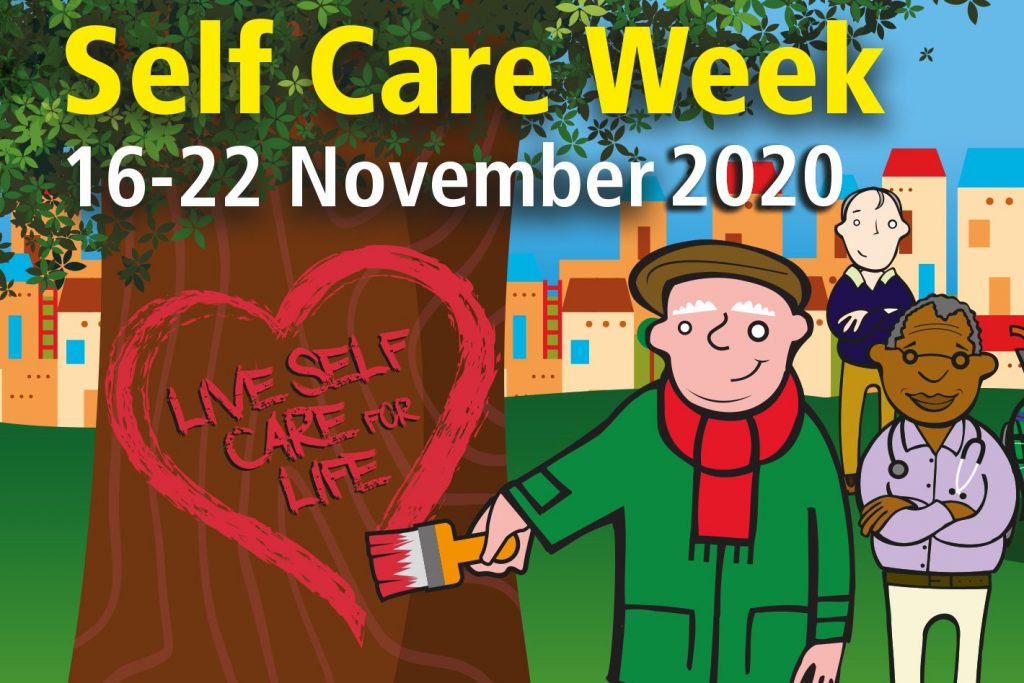One of the challenges of the coronavirus pandemic has been how to deal with the massive amounts of information and guidance being produced by the government and across the whole social care sector. At the Social Care Institute for Excellence (SCIE), their approach has been to reach out and engage the social care sector to find out what they need in terms of good practice guidance and support.
NHS staff are described, rightly, as members of the country’s frontline defence against coronavirus. That frontline is populated by another group of equally dedicated men and women: care workers. Paul Jenkins, Covid -19 Senior Briefing Officer here at the Department of Health and Social Care, explains the support provided to date and signposts services available to keep them well in mind and body.
Since the early days of the coronavirus outbreak, much of the world's shared anxiety and worry has focused on how, when and where the virus is transmitted. This worry has been no less acute in our country's care homes. Jeremy Richardson, Chief Executive of Four Seasons Health Care, explains why his business is one of the many care home providers participating in a new research study to determine how outbreaks occur in residential care settings - and could be prevented.
The recent announcement confirming the routine and regular weekly testing of care home staff for covid-19 infections is hugely welcome and represents another step up in the fight against the virus within care homes. The National Care Forum's Executive Director Vic Rayner explains why expanding the testing programme in this way is so essential.
As the UK’s coronavirus lockdown continues to cautiously ease, it remains just as important to protect ourselves and others from the risk of infection. Helen Donovan, RCN and Chair of the Self Care Forum and Dr Knut Schroeder, GP and CE of the Self Care Forum explain why they believe self care should lie at the heart of society's response to the pandemic.
Samantha Goncalves is the citizen lead for the Professional Record Standards Body’s social care project, which aims to develop standards for information sharing between social care and health.
Two new surveys will gather information on how people using social care services can benefit from a more connected system, where their needs and values can be shared and understood by all.
In our second of two blogs previewing Co-production Week (6-10 July), Danie Woodbridge, Co-production Lead at Oxfordshire County Council, echoes the themes and reflections of SCIE's CEO Kathryn Smith. Co-production has been affected by covid-19 but that doesn't mean it's stopped. Conversations and collaborations continue to flourish online, as she explains.
The last three months have been the most challenging times faced by social care for many years, says Kathryn Smith, Chief Executive of the Social Care Institute for Excellence (SCIE),
However, this period has not been without some positives. SCIE regularly survey people working in social care or in receipt of care to ask them what is important and what is working well. Here, in the first of two blogs marking Co-production Week (6-10 July), she highlights some of the feedback helping to shape services for the better.
This week , SCIE (the Social Care Institute for Excellence) publish a set of products from phase 2 of the Department Health and Social Care funded social care innovation network. SCIE's Chief Operating Officer Ewan King reveals how 24 organisations, including local authorities, innovative organisations and locally engaged citizens of people with lived experience have been exploring how best to support innovation to flourish.
Caring can be as rewarding as it is challenging. Right now, many unpaid carers are dealing with even greater challenges as the coronavirus outbreak continues to affect all our lives. This year's Carers Week: Make Caring Visible, throws that fact into sharp relief.









